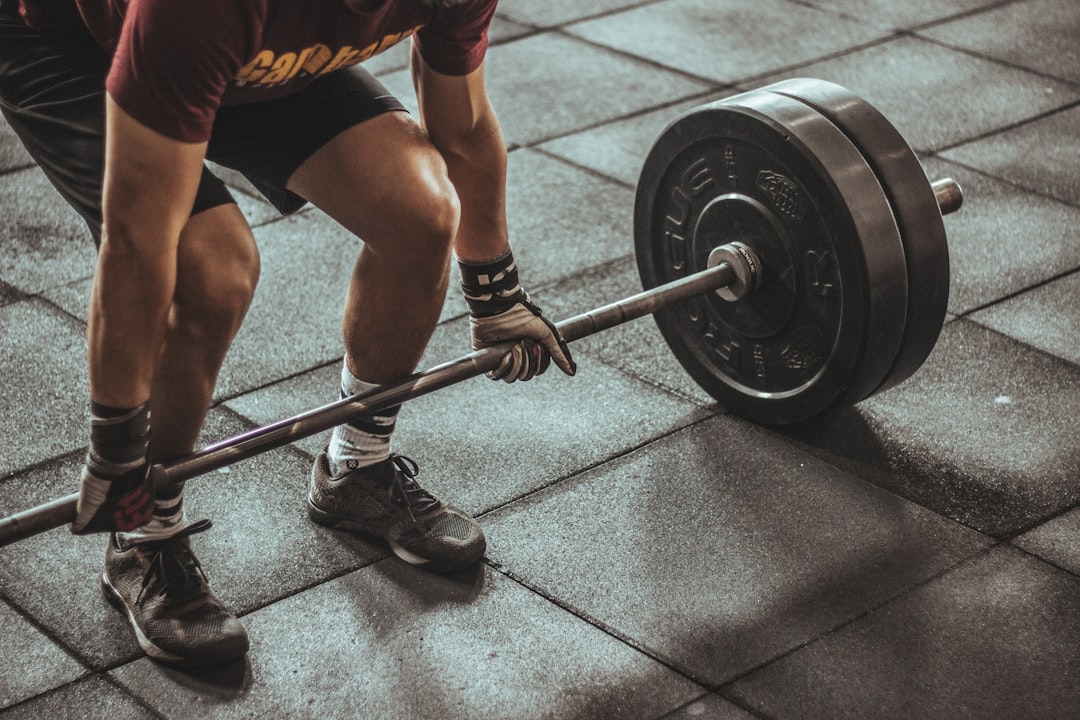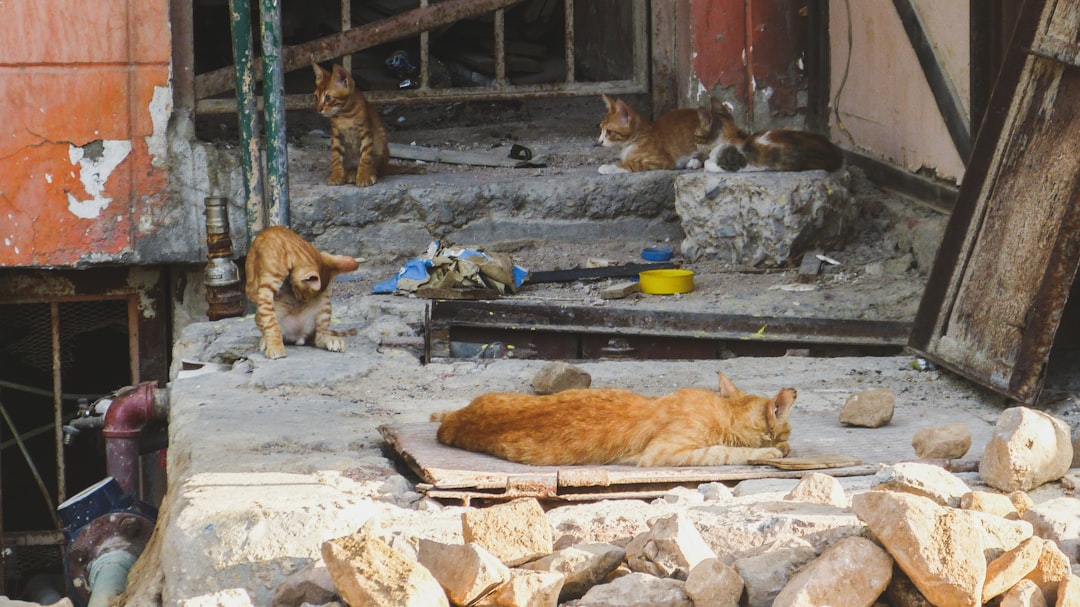What is it about?
A new study advises veterinary surgeons to keep an eye out for perioperative myocardial injury while performing non-cardiac surgeries in juvenile cats.
Featured Image

Photo by Piron Guillaume on Unsplash
Why is it important?
About the study Perioperative myocardial injury (PMI) is a type of heart complication often associated with non-cardiac surgeries. It is caused when the blood flow and oxygen supply to the heart is reduced. PMI is linked to an increased level of high-sensitive cardiac troponin (hs-cTnI)—a biomarker protein of heart injury. While PMI is well-studied in humans, very little is known about its occurrence and causes in cats. Cats are generally more likely to die due to anesthesia exposure during surgeries than dogs or humans. In fact, young cats undergoing surgery may develop a unique thickening of the heart muscle that can lead to heart failure. In this study, scientists from Japan explored how surgeries and anesthesia cause cardiac injury in cats. They analyzed the changes in cardiac biomarkers and other clinical factors during neutering surgery in young cats. Thirty cats—15 males and 15 females, aged 5 to 13 months, were studied before and after neutering. It was found that all the cats showed increased hs-cTnI levels after surgery when compared with corresponding levels before surgery. They also had notably higher systolic arterial blood pressure (SAP) post-surgery, indicating the maximum pressure inside the arteries when the heart beats. hs-cTnI and SAP showed a significant positive correlation. Another significant positive correlation was seen between hs-cTnI and anesthetic time in the female cats. Spaying is a longer and more invasive process than castrating and female cats were given anesthesia for longer durations compared to males. As a result, the females had higher hs-cTnI levels than did the male cats. Factors, such as heart rate, atrial natriuretic peptides (a cardiac hormone), and thickness of the left ventricle wall were also high but with no significant link to hs-cTnI or PMI. Relevance of the study These results show that surgeries cause severe stress and injury to the hearts of cats, especially kittens. About 48% of the cats in this study had above normal hs-cTnI levels post-surgery, a number higher than dogs (6.7%) and humans (17.9%). This clearly indicates that young cats are at a greater risk of PMI than humans or dogs, and therefore require more care during surgeries.
Perspectives
This study highlights the importance of measuring hs-cTnI levels in cats during surgeries to help detect and mitigate PMI earlier. And it calls for further research to better understand the occurrence, risk, and causes of PMI in cats.
Keisuke Konishi
Yokohama Animal Medical Center Kannai Animal Clinic
Read the Original
This page is a summary of: Perioperative changes in cardiac biomarkers in juvenile cats during neutering, Frontiers in Veterinary Science, October 2022, Frontiers,
DOI: 10.3389/fvets.2022.1008765.
You can read the full text:
Contributors
The following have contributed to this page










